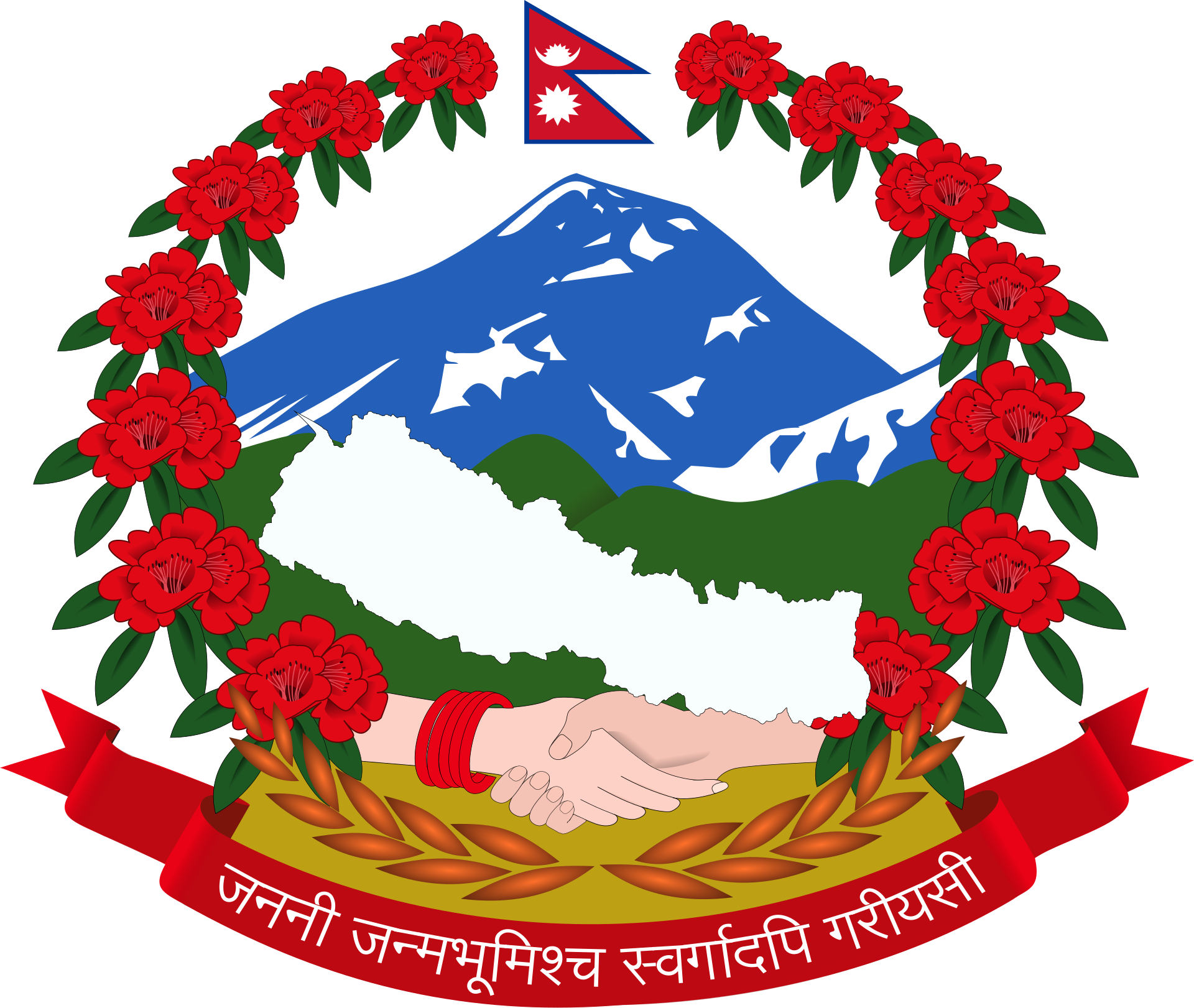प्रतिनिधि सभा सदस्य निर्वाचन, २०८२
दिन बाँकी


Important Notice

A.D.:
Nepal Samvat: 1146 CHILLAGA DWITIYA - 17



A.D.:
Nepal Samvat: 1146 CHILLAGA DWITIYA - 17
July 08, 2025, 03:36 PM
Statement by
Right Honourable Prime Minister Mr. K P Sharma Oli, During a Special Event organized by Gates Foundation and Devex on “Advancing the Commission on the Future of Development Cooperation”
At the Fourth International Conference on Financing for Development
June 30, 2025, 12-2 pm
Seville, Spain
Dear Mr. Raj Kumar, President & Editor-in-Chief of Devex
Mr. Mark Suzman, CEO and board member at the Gates Foundation,
Deputy Secretary General Madam Amina Mohammed,
Honorable Ministers,
Ladies and Gentlemen,
Good afternoon and Namaste.
Thank you for inviting me. I am happy to share my views on the establishment of a Development Cooperation Commission.
First, I believe it is very pertinent that the Foundation and the Devex are advancing this idea.
The proposed Commission stands to gain immensely from the Foundation's extensive experience of working with various types of actors and in various situations.
You have engaged with international organizations, governments, and civil societies.
And you have worked in the grassroots supporting healthcare and education in the neediest societies.
Similarly, the Devex can add value to the Commission’s work by feeding insightful information and various perspectives as a leading media platform for the global development community.
Next, building on the Foundation’s experience, I believe the Commission would help overcome the donor-recipient divide, reflecting the priorities of those who provide and those who receive.
Alignment of development cooperation with recipient nation’s priorities will increase its legitimacy, efficiency and effectiveness. The underlying principles, for example in the Paris Declaration, are well-established for a long time.
However, evidence shows that the grant sizes have declined, and the number of donor agencies have more than doubled in the last 20 years.
Similarly, aid flows have by-passed government systems and budget support remains at mere 10 percent of official aid.
We surely cannot establish a responsive and more effective development cooperation system without implementing the long-established principles.
In this context, I think pragmatic and implementable solutions to fragmentation, misalignment and the lack of adequate recipient ownership will be even more important.
Excellencies, Ladies and Gentlemen,
The roundtable seeks to engage us in a frank and honest, off-the-record conversation.
So, let us assess to what extent the recipient nations can exercise influence to integrate the resources flowing through numerous aid agencies.
What power can they exercise in having aid channeled through their country systems and budgets?
What can they really do to harmonize the requirements and standards set by different agencies?
However, I do not mean at all that the onus lies only with the ‘other side’—the providers.
It is about establishing mutual accountability and trust—again a perennial principle.
So, I think the Commission could start by figuring out a modus operandi that can implement the well-established principles to the well-known problems. Let me also share my views very briefly on issues like purpose and eligibility.
When the sources are decreasing, I think there should be no debate on the need to channel them in areas that reduce poverty and generate sustainable prosperity.
On eligibility as well, there should be flexibility based on the assessment of overall economic situation and climate and other vulnerabilities of a nation.
For example, Nepal is graduating from the LDC status next year. We are already spending almost 40 percent of our revenues in debt service.
So, if the concessional resources dry up, it would really be a huge challenge to maintain fiscal sustainability for us.
Excellencies, Ladies and Gentlemen,
Nepal hopes that the establishment of a Commission on Development Cooperation will be instrumental in reducing the huge financing gap in developing countries and in revitalizing global cooperation and solidarity.
Thank you.
